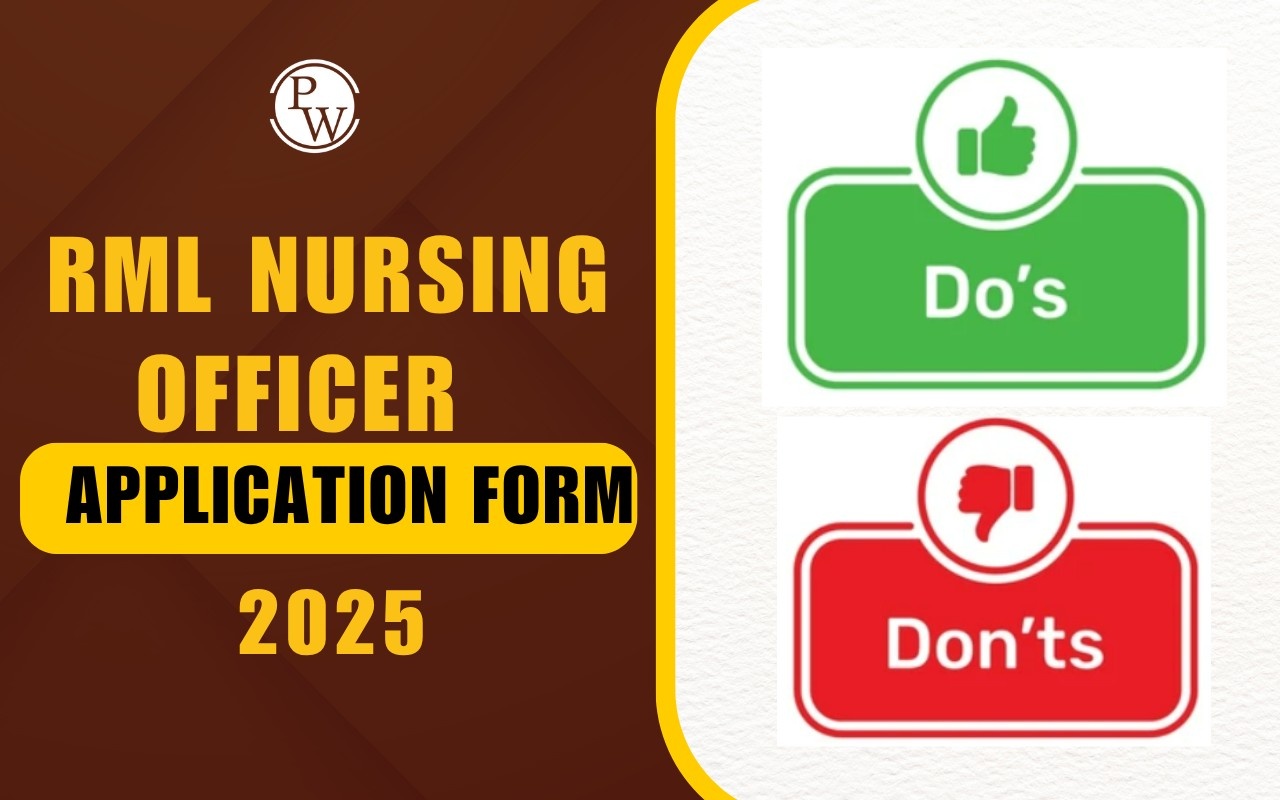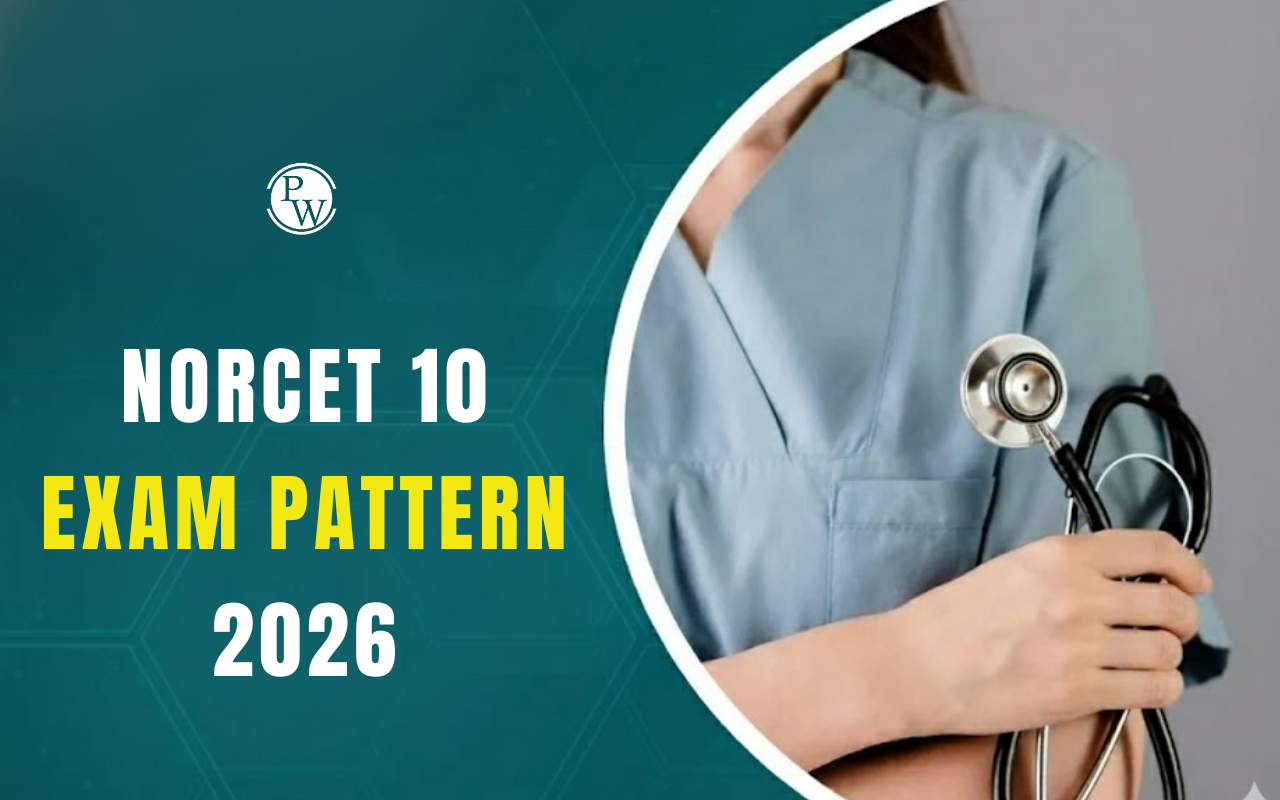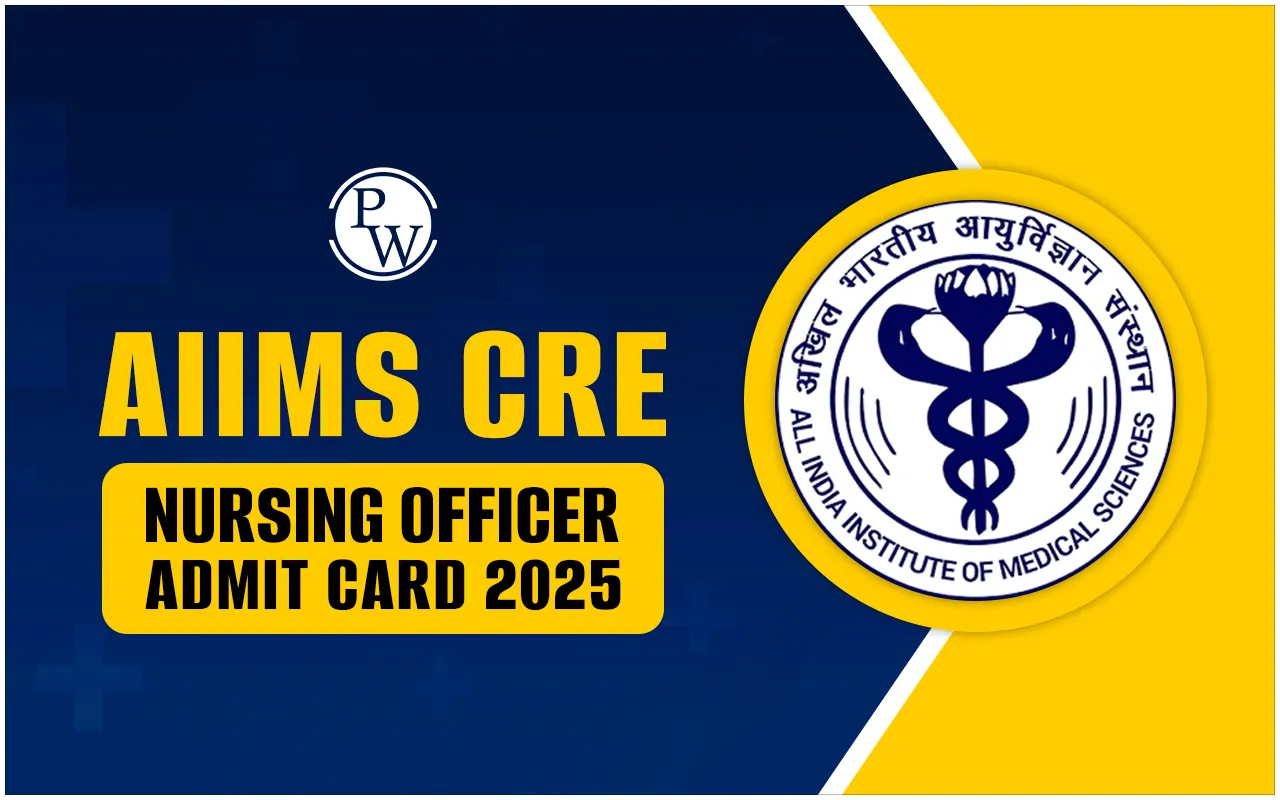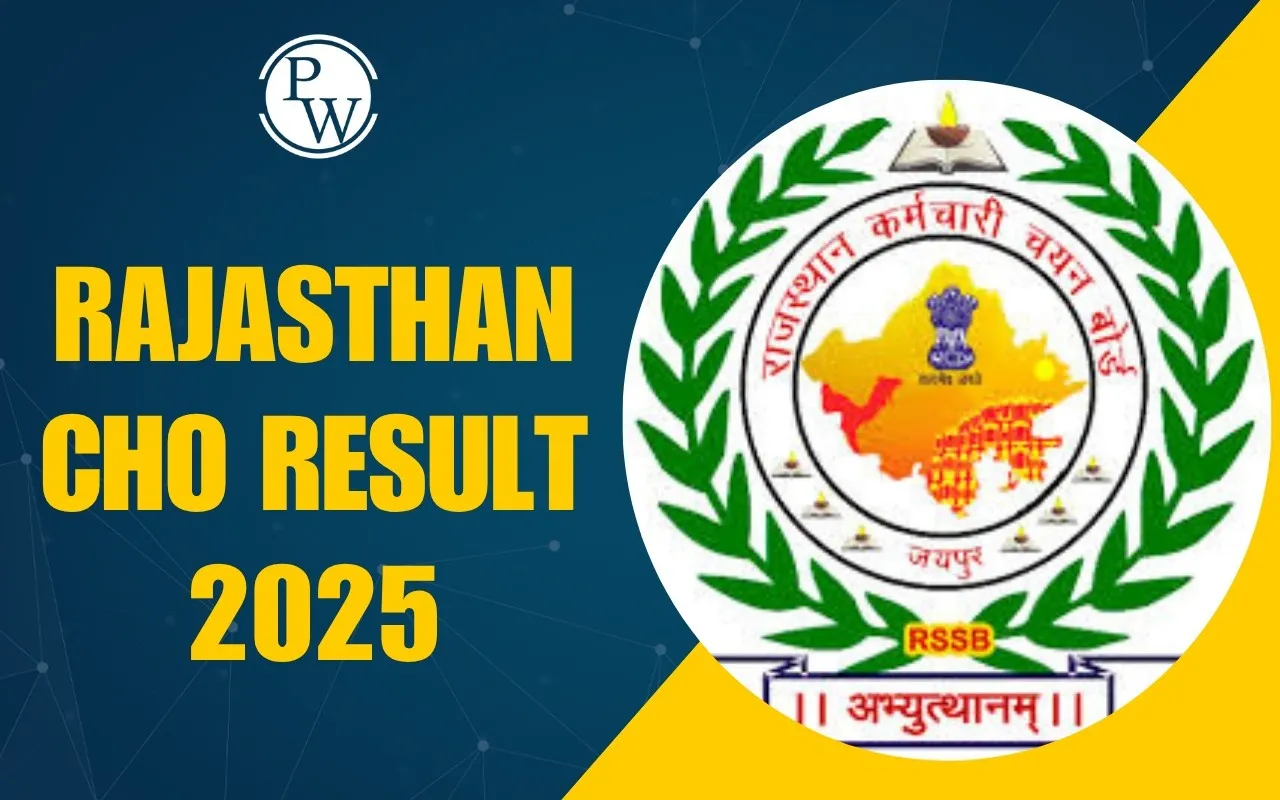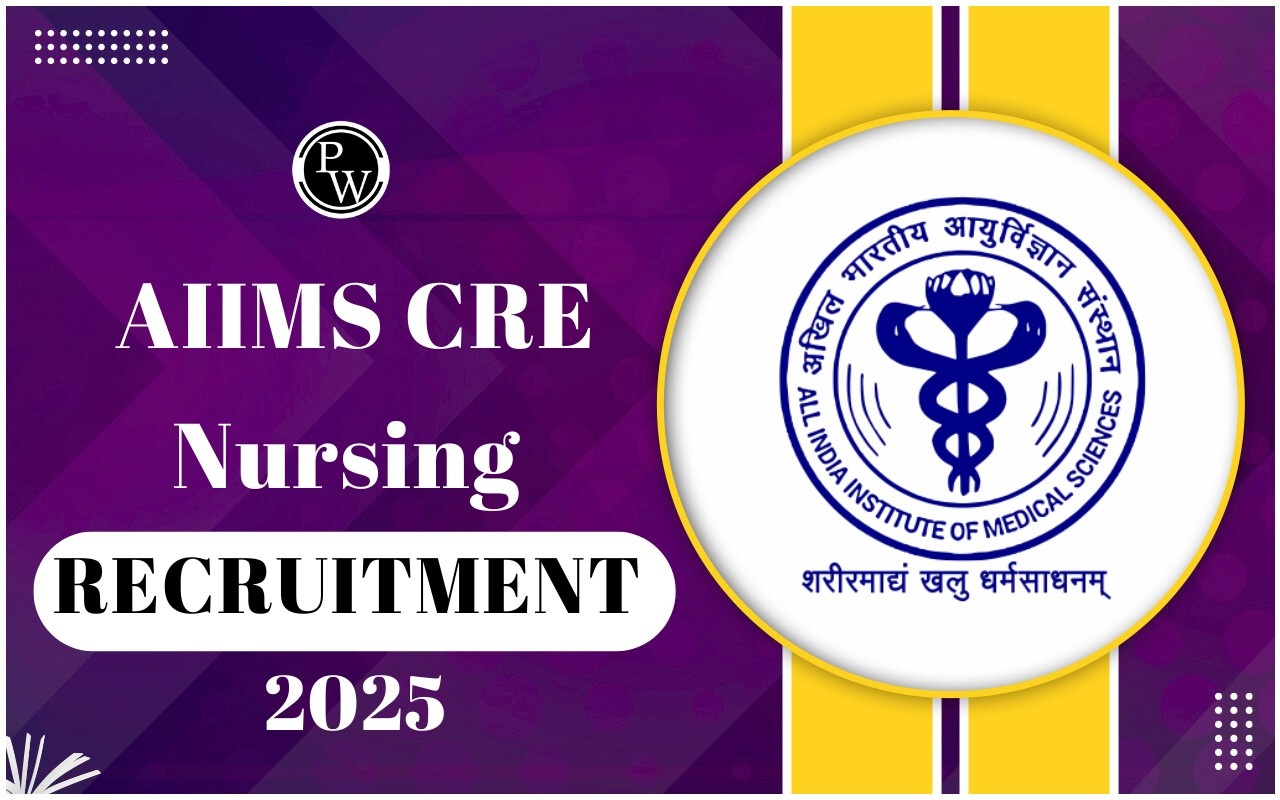
UPPSC Staff Nurse Syllabus 2024 and Exam Pattern is determined by the Uttar Pradesh Public Service Commission. Applicants must adhere to the suggested UPPSC Staff Nurse Syllabus 2024 and exam pattern when formulating their study plans for the UPPSC Staff Nurse Main Exam scheduled for 24 April 2024.
A ccording to the UPPSC Staff Nurse Syllabus, there are three main subjects General Knowledge, General Hindi, and Nursing. The entire UPPSC Staff Nurse Exam Pattern, including the scoring scheme, sectional weighting, and types of questions is covered in this post along with the subject-specific UPPSC Staff Nurse Syllabus 2024.
UPPSC Staff Nurse Syllabus 2024
Aspirants must carefully read and thoroughly research every UPPSC Staff Nurse Syllabus 2024 topic. View the entire UPPSC Staff Nurse Syllabus 2024 listed below.
|
UPPSC Staff Nurse Syllabus 2024 |
|
|---|---|
| UPPSC Staff Nurse Syllabus of General Knowledge | History of India and Indian National Movement:- In the History of India, emphasis should be on a broad understanding of social, economic, and political aspects of Indian history. In the Indian National Movement, the candidates are expected to have a synoptic view of the freedom movement, growth of nationalism, and attainment of Independence. |
| Indian and World Geography- Physical, Social, Economic Geography of India and the World:- Questions on the Geography of India will relate to the Physical, Social, and Economic Geography of India. In World Geography only a general understanding of the subject will be expected | |
| Indian Polity and Governance, Constitution, Political System, Panchayati Raj & Public Policy, Rights - Issues, etc:- In Indian polity. and Governance questions will test knowledge of the country's constitution, the political system including Panchayati Raj, and Community Development. | |
| Indian Economy and Social Development:- The candidates will be tested concerning problems and relationships between Population, Environment, Urbanisation; broad features of economic policy in India, and Indian Culture. | |
| Current Events of National and International Importance:- This will also include questions on Games and sports. | |
| Indian Agriculture:- The candidates will be expected to have a general understanding of agriculture in India, agricultural produce, and its marketing. | |
| General Science:- Questions on General Science will cover general appreciation and understanding of science including matters of everyday observation and experience, as may be expected of a well-educated person, who has not made a special study of any scientific discipline. This will also include questions on the role of science and technology in the development of India. | |
| Elementary Mathematics up to class 10th level:-Arithmetic, Algebra and Geometry. | |
| UPPSC Staff Nurse Syllabus of General Hindi | विलोम शब्द वाकया एवं वर्तनी शुद्धि अनेक शब्दों के लिए एक शब्द तत्सम एवं तद्भव शब्द विशेष्य और विशेषण पर्यायवाची शब्द |
| UPPSC Staff Nurse Syllabus of Nursing | Anatomy & Physiology: Skeletal System, Muscular System, Cardio-Vascular System, Respiratory System, Digestive System, Excretory System, Nervous System, Endocrine System, Reproductive System, and Sense Organs. |
| Fundamentals of Nursing: Nursing as a profession, Maintenance of therapeutic Environment, Nursing Process and Nursing Care Plan, Admission and Discharging of a Patient, The Dying Patient, Hygienic needs and Physical needs, Activity and Exercises, Safety needs, Elimination needs, Care and special condition, Meeting nutritional needs, Observation of Patient, Care of Equipment, Barrier Nursing, administration of drugs, Recording, and Reporting | |
| First Aid: Meaning and Rules of First Aid Emergency such as Fire; Earthquakes; Famines; Fractures; Accidents; Poisoning; Drowning; Haemorrhage; Insects bites; and Foreign bodies Transportation of the injured, Bandaging and splinting, Immediate and later role of nurse | |
| Medical-Surgical Nursing: Role and Responsibilities of Nurse in Medical and Surgical Setting. Care of Surgical patient, Anesthesia. Diseases of the Cardiovascular System, Gastro-Intestinal System, Genito Urinary System, and Nervous System. Disorder and Diseases of the Respiratory System, Musculo-Skeletal System. Blood Disorder and Blood Transfusion. | |
| Microbiology: Scope and usefulness of knowledge of microbiology in Nursing, Classification of Micro-organisms and factors influencing growth, Sources of Infection, Portals of Entry and Exit of microbes, Transmission of infection, Collection of Specimens and Principles to keep in mind while collecting specimens, Immunity, Control and destruction of micro-organisms | |
| Psychology: Definition, Scope, and Importance for Nurses, Psychology of Human Behaviour: Emotions, Attitudes, Frustration and Defense mechanisms, Personality, Intelligence, and Related Factors, Learning and Observation. | |
| Sociology: Importance of Sociology in Nursing. The Socio-cultural and Economic aspects of the community and their effects on health and illness. The Family: Family as a social institution and basic unit for health service, Basic needs of the family, Advantages of Planned Parenthood. | |
| The Family: Family as a social institution and basic unit for health service, Basic needs of the family, Advantages of Planned Parenthood. | |
| The Society: Concept of society, Rural and Urban Society, Social Problems, unmarried mothers, dowry System, drug addiction, alcoholism, delinquency, handicaps, child abuse, domestic violence, women abuse, Social agencies and remedial measures. | |
| Economy: Resources of the country - Natural, occupational, agricultural, industrial, etc. | |
| Social Security: Population explosion - its effect on the economy and the need for population control, Budgeting for a family, per capita income, and its impact on health and illness | |
| Personal Hygiene: Maintenance of Health, Physical Health, and Mental Health. | |
| Environmental Hygiene: Water: Safe & wholesome water, Uses of Water, Water pollution, Waterborne disease, and water purification. Air: Air pollution, prevention & Control of Air pollution. Waste: Refuse, Excrete, Sewage, Health hazards of these wastes Collection, removal, and disposal of the wastes, Housing, Noise. | |
| Computer in Nursing: Disk operating systems, Use of computer in Nursing, Internet & Email in Nursing. | |
| UPPSC Staff Nurse Syllabus for Staff Nurse Ayurveda Exam | Nursing:- Methods of treatment in ancient India, Four essential components of medical management (Chikitsa ke chatushpaada), Qualities, Importance, the behavior of nurses with patients and their attendants. Patient's admission, Inspection, care of his/her rest, Bathing, Clothing. Bed arrangement, Types of beds, measuring temperature, pulse, respiratory rate, and blood pressure, making charts, ward reports, knowledge of patient's discharge from hospital, etc. Different types of medicated enema (basti), methods of use. Bandage and different methods of bandaging, knowledge of first aid, collection of test samples, care of the patient before and after surgery, instructions to the attendants, and care of the terminally ill patient. Care of dead body. Methods of giving injections, types of catheters, and their uses. Detoxification, disinfection, and sterilization. Knowledge of disinfectant substances. Different types of anaesthesia, methods of giving artificial respiration, preparation of surgical Operation Theater, knowledge and use of different instruments and types of equipment |
| Pathology and Treatment (Vyadhi Viayan Evam Upchaar) :- Definition of disease, types, sites, physical and mental illness, symptoms of dosha-prakopa, and resultant diseases. Introduction to Nidan Panchak. Different methods of Rog-Rogi Pariksha in Ayurved. Definition of medicine, types, and management. General principles of medication, Anupaana, Pathya-apathy and arista Lakshana. General symptoms and treatment of various major diseases. Panchakarma-Purvakarma, pradhan karma and pashchaat karma. | |
| Human Anatomy and Physiology (Rachana exam Kriya shaarir):- Definition of body, shadanga sharir, Srotas and Marma Sharir, Lakshman of ayu, anatomical and functional knowledge of body parts, skeleton and classification of joints. General introduction of different types of muscles, heart, lungs and koshthanga. Detailed knowledge of Tridosha, dhaatu, mala, Agni, Upadhatu and Ojas. | |
| Healthy lifestyle( Swasthavritta):- Definition of health and healthy individual, daily routine, seasonal routine, exercise, rest, diet, sleep, celibacy, knowledge of hold-able and non-hold-able urges (Bharatiya and adharniya vega). A pleasant and clean environment in the hospital, cleanliness of food and beverages, maintenance and knowledge of community health. Proper disposal of faeces, urine, garbage etc. Causes of Janapadodhwansa (mass destruction of population and regions), factors responsible for polluting air, water, land, climate and measures to prevent them | |
| Introductory Microbiology:- Introduction of microbes, types, routes of infection, diseases caused by microbes, general knowledge of Communicable disease prevention and treatment of worm infestation. Sterilization, personal hygiene, bed spacing, knowledge of various diagnostic tests, testing methods of blood, stool urine, etc. Rules to be followed in laboratory, use of microscope, general knowledge of slide staining. | |
| Definition of mana, functions, Manas Dosha, pragyaparadha sattva pariksha, mental illnesses, mania, epilepsy, neurosis, hysteria, etc. Conscious, semiconscious, and subconscious mental functions, personality development, and care of mentally challenged patients. Duties and sympathetic behaviour of nurses with patients. | |
| Pharmacology and Pharmaceutical Science (Dravyaquna Viqyan and BhaishaJya kalpana) :- Basic principles of Dravyaguna. General introduction of Rasa, Guna, Virya, Vipaka, Prabhaava and Karma. Routes of drug administration, Time of drug administration, Incompatibility of drugs. Knowledge of Anupaan. Definition of technical terms - Lekhana, bandana, deepen, pachana, stambhana, rechana, anulomana etc.. Knowledge of main classes of drugs - Trikatu, Triphala„ Dashmoola, Panchkula etc. General knowledge of important medicines and emergency drugs of modern medicine allowed to AYUSH practitioners, notified by UP Government. Knowledge of Rasa, Uparasa, Maharasa, Visha, upa-Visha, shodhana, maran, Guna-karmaprayoga. Panchavidh Kashayakalpana and Hima, Phanta Kanji, Varti, Rasakriya, Sattva, Arka etc. preparation and use. Preparation of a balanced diet plan for patients according to Ayurveda (Pathya Kalpana). | |
| Obstetrics and Pediatrics (Prasuti Vigyan evam Balaroga) :- Anatomical and physiological knowledge of reproductive organs, Rajaswala paricharya, menstrual cycle, Aartava swaroopa, knowledge of endocrine glands and secretions, conception, month-wise development of the fetus and its care, physiological changes during pregnancy. Recording of weight, blood pressure and laboratory Investigations in pregnancy. Twin pregnancy, abnormal pregnancy, ante-natal and post-natal care, diseases in pregnancy and their treatment, introduction of labour, observations, and monitoring before, during, and after delivery(knowledge and management of different stages of delivery), Sutika Paricharya, Sutika Vyaapada, newborn baby care, breast care and lactation, Stanyajanan and stanya shodhana drugs, perinatal trauma, Congenital malformations, common diseases of infants, knowledge and precautions for common surgical procedures of women. Knowledge of instruments and equipment used in surgery and resuscitation of newborns, preparation for labour room and operation theatre. Knowledge of family welfare programmes, contraceptive measures and vaccination. Knowledge of records keeping related to mother-child birth and death. | |
UPPSC Staff Nurse Exam Pattern 2024
UPPSC Staff Nurse Exam Pattern 2024 has been detailed in the official notification along with the UPPSC Staff Nurse Syllabus. The whole exam process is divided into two stages, the prelim exam and the main exam. The UPPSC Staff Nurse Prelim exam is of qualifying in nature while the mains exam will be accounted for merit purpose. The UPPSC Staff Nurse Syllabus of Nursing subject is common to both stages. The following is the breakdown of the two examination stages:UPPSC Staff Nurse Exam Pattern Prelims
- For a total of 85 marks, 170 questions will be asked.
- One-third (0.33) of the marks allotted to that question will be subtracted as a penalty for each incorrect response.
- A candidate will receive the same bad grade if they choose more than one response.
| UPPSC Staff Nurse Exam Pattern 2024 Prelim | |||
|---|---|---|---|
| Subject | Questions | Marks | Duration |
| General Knowledge | 30 | 85 | 120 mins |
| General Hindi | 20 | ||
| Main Subject Nursing | 120 | ||
| Total | 170 | ||
UPPSC Staff Nurse Exam Pattern Mains
The UPPSC Staff Nurse Mains Exam 2024 is categorized into two parts, namely Part 1 and Part 2. Unlike the prelim exam which contains objective-type questions, the UPPSC Staff Nurse main exam has descriptive questions worth 85 marks. The UPPSC Staff Nurse Mains Exam Pattern 2024 is as follows:| UPPSC Staff Nurse Exam Pattern 2024 Main | ||||
|---|---|---|---|---|
| Parts | No. of Questions | Type Of Questions | Maximum Marks | Word Limit |
| Part A | 05 (All Compulsory) | Short Answer Type Questions | 05 Marks/ Question | 125 Words |
| Part B | 06 (Any Four) | Long Answer Type Questions | 15 Marks /Question | 300 Words |
UPPSC Staff Nurse Syllabus 2024 Preparation Strategy
Candidates must start preparing for the main exam right away with the help of the UPPSC Staff Nurse Syllabus. Below are some preparation suggestions for the UPPSC Staff Nurse Main Exam 2024 to help you grab this opportunity:
- To gain a sense of it, review the UPPSC Staff Nurse Syllabus and Exam Pattern 2024.
- Discover each subject covered by the UPPSC Staff Nurse Syllabus PDF.
- Make a study schedule for each day leading up to the test based on UPPSC Staff Nurse Syllabus topics.
- Make notes of the UPPSC Staff Nurse Syllabus topics and pay closer attention to the areas you need to catch up on.
- Start working on practice papers after studying each topic of the UPPSC Staff Nurse Syllabus in depth.
- Solve practice tests every day to gauge the level of preparation needed.
- Keep studying the UPPSC Staff Nurse Syllabus in its entirety till you attain mastery.
| UPPSC Staff Nurse Important Links | |
|---|---|
| UPPSC Staff Nurse | UPPSC Staff Nurse Admit Card |
| Nursing Exam Important Links | |
|---|---|
| Nursing Exam | AIIMS NORCET |
| BSc Nursing Syllabus | AIIMS NORCET Syllabus |
UPPSC Staff Nurse Syllabus 2024 FAQs
How can a candidate effectively prepare for the UPPSC Staff Nurse exam using the syllabus?
What are the subjects covered in the UPPSC Staff Nurse prelim exam?
What is the marking scheme of the UPPSC Staff Nurse Prelim exam?
Where can I download the UPPSC Staff Nurse Syllabus 2024?
What is the exam pattern for UPPSC Staff Nurse Mains exam?

